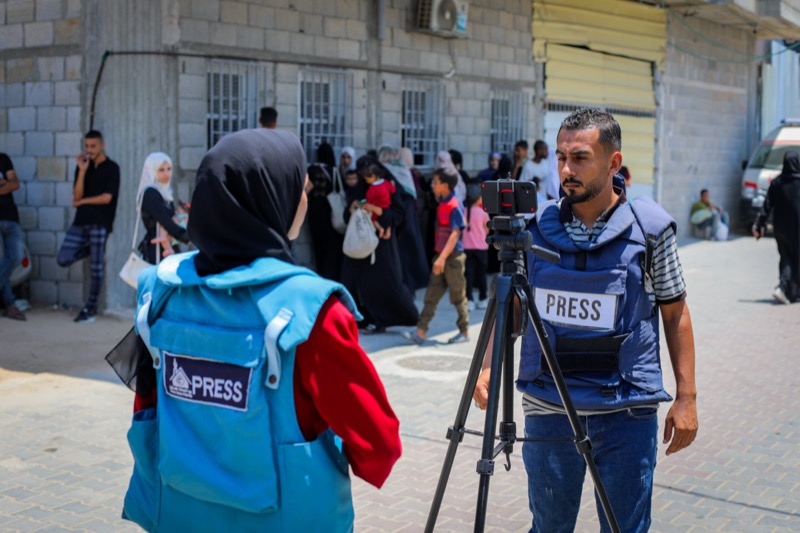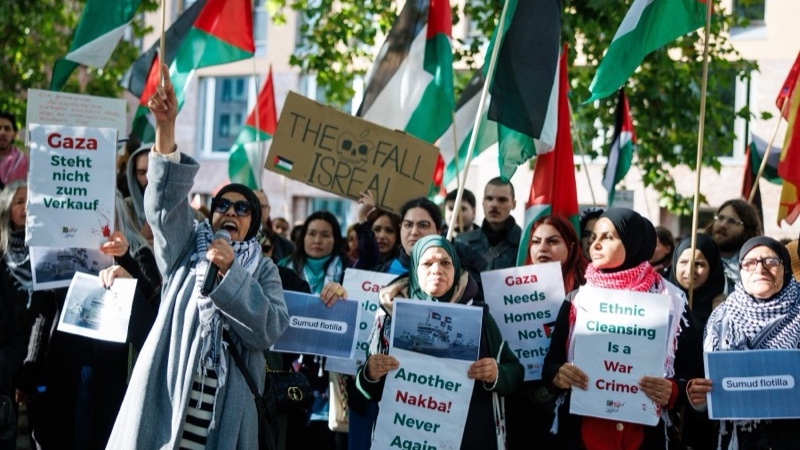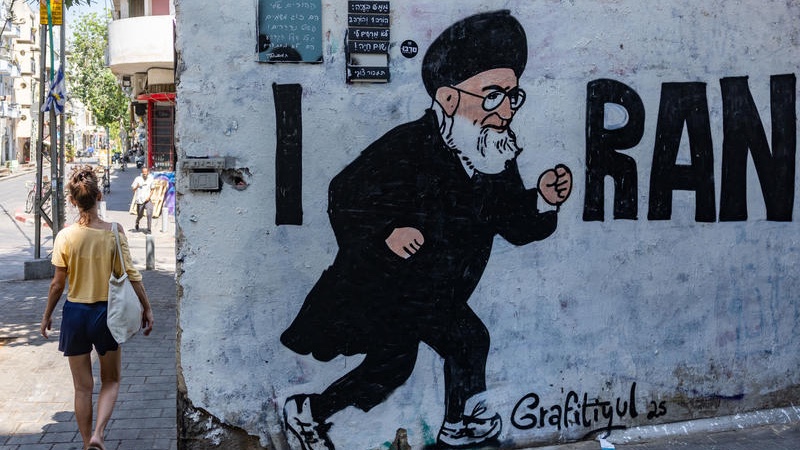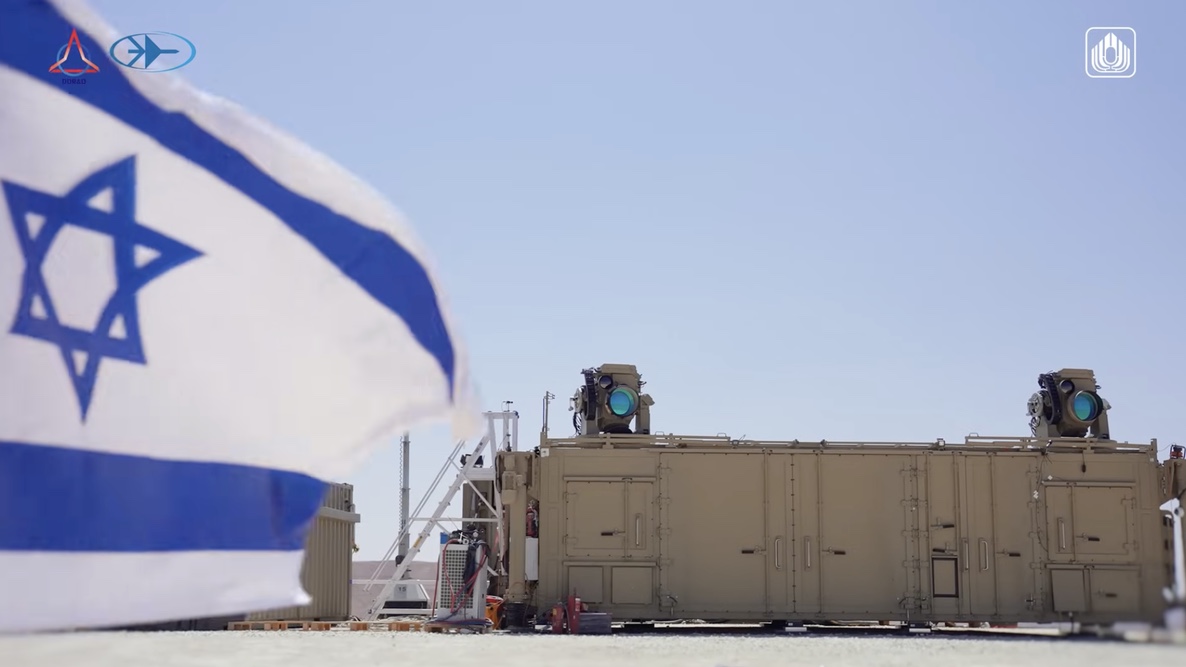After a 37-year-old technician from the Gaza production company Palestine Media Production (PMP), with which German media outlet ZDF had cooperated for years, was killed in an Israeli airstrike and it emerged that he was apparently a Hamas fighter, the broadcaster is reacting—but the behavior raises questions about the Middle East policies of German and other Western media.
On October 19, an Israeli military airstrike took place in the central Gaza Strip near Deir al-Balah, killing, among others, a 37-year-old technician from Palestine Media Production (PMP). According to German media reports, the deceased was Ahmed Abu Mutair, who is said to have served as a platoon leader in Hamas’s military wing, the Izz ad-Din al-Qassam Brigades.
Initially, ZDF condemned the death of the contractor and criticized Israel. In a statement on October 19, ZDF editor-in-chief Bettina Schausten said: “Our thoughts are with the victims and their families, to whom we extend our deepest condolences. It is unacceptable for media workers to be attacked while doing their job.”
A few days later, however, the Israeli military presented evidence that Abu Mutair was a member of Hamas. In response, ZDF announced that it would suspend cooperation with Palestine Media Production (PMP) “until further notice.”
This incident reveals a familiar pattern in Western Middle East policy: the well-intentioned but often detached-from-reality notion that neutral reporting is possible in Gaza or Judea and Samaria. It overlooks the fact that political, military, and media structures there are inextricably intertwined. The fact that a public broadcaster like ZDF cooperated for years with a company whose employees were also militant fighters raises serious questions: How carefully was this partnership vetted? And what standards apply when journalistic work takes place in an environment where propaganda and press work are hard to separate?
See related: How many journalists have been killed in Gaza? The answer is zero

Palestinian journalists report from the Gaza Strip, July 26, 2025. Photo: Ali Hassan/Flash90.
A ZDF spokesperson has since stated that there are no indications that other PMP employees belong to Hamas. Yet trust has been shaken—not just in Gaza, but also in Germany, where many viewers expect transparency and credibility from their public broadcasters.
The case is symbolic of an attitude that oscillates between moral claims and political blindness. Germany has emphasized for years that it is committed to Israel’s security—yet in politics and media, there is a tendency to hastily condemn every Israeli military action while reluctantly addressing the causes. The Foreign Office expressed being “shocked” by the airstrike, in which a child also died. Yet the same federal government reacts with striking hesitance on other Middle East issues when it comes to clearly naming terror and indoctrination.
ZDF’s decision to end cooperation with the Gaza production company was correct—but it came late. It is an expression of a fundamental problem for Western media in the Middle East: They react only when reality catches up with their own illusions. Anyone who truly wants to understand what is happening in this region cannot hide behind supposed neutrality.
Media work in the Middle East is never apolitical. And anyone who believes it can be has already failed to learn the first lesson of this region.
Want more news from Israel?
Click Here to sign up for our FREE daily email updates














